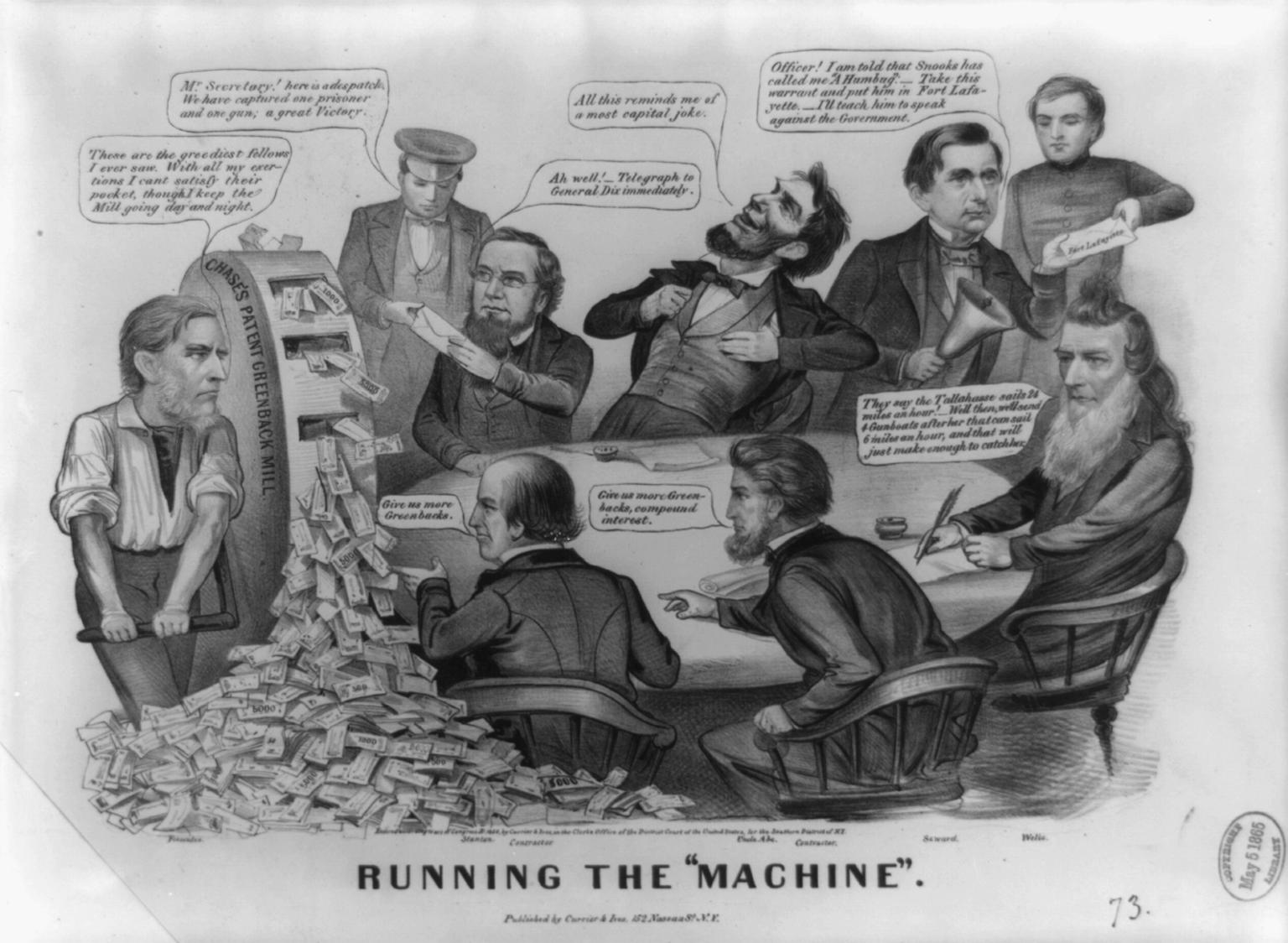It’s official. President Trump has signed the $1.5 trillion tax bill, which is the first major tax overhaul in 30 years since Ronald Reagan. One of the main focuses we have on this news it that it increases breaks for small, so-called pass-through businesses. The tax bill formerly known as the Tax Cuts and Jobs Acts added a new Section 199A, the Qualified Business Deduction. In a nutshell, the Sec 199A Qualified Business Income tax cut gives the owners of pass-through businesses like sole proprietors, partnerships, S corporations and then real estate investors a deduction equal to 20% of qualified business income.
Not every pass-through entity gets to use the Sec 199A Qualified Business Income deduction though. It has some defining terms that are crucial to note. Pass-through entities and structures include Sole proprietorships (no entity, Schedule C), Real estate investors (no entity, Schedule E, Disregarded entities (single member LLCs), Multi-member LLCs, Any entity taxed as an S corporation, Trusts and estates, REITs and qualified cooperatives. Specified Service Trade or Business is defined as traditional service professions such as doctors, attorneys, accountants, actuaries and consultants, performing artists who perform on stage or in a studio, paid athletes, professionals in the financial services or brokerage industry and “any trade or business where the principal asset is the reputation or skill” of the owner. Not included in the traditional service profession are engineers and architects. But an engineer operating a business based on his or her reputation or skill is still a specified service trade.
View the text (from internet sources) of Section 199(a) of the Tax Reform Act of 2017 and §§ 707 and 1202 of 26 U.S. Code
P.S. Americans won’t need to worry about these changes when they start filing their 2017 tax returns in about a month. The new laws will first be applied to 2018 taxes.


